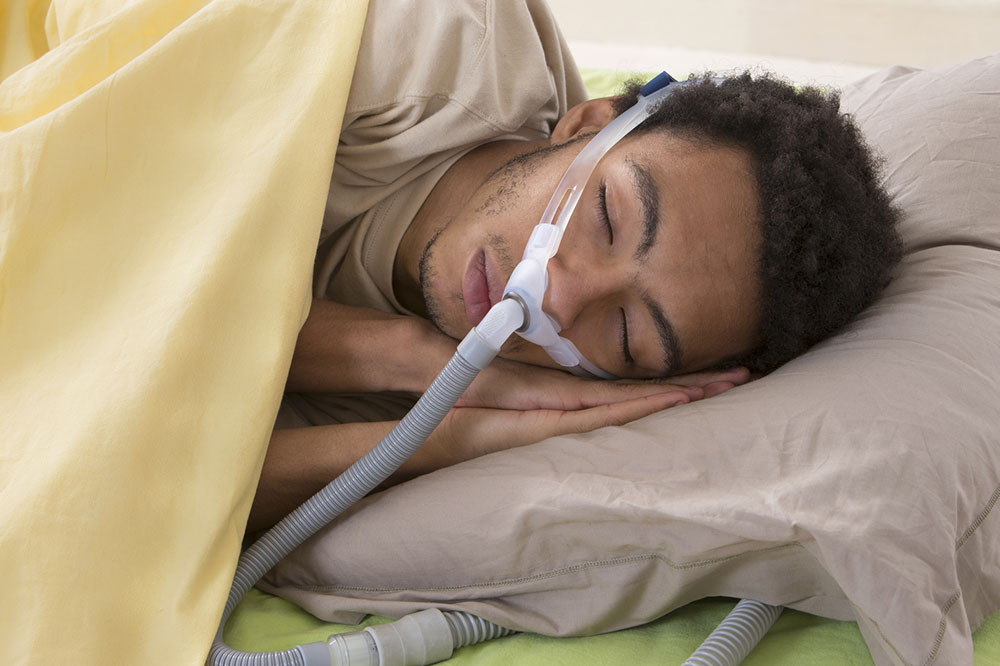
Sleep Apnea – Early Signs and Diagnosis
Sleep apnea is a sleep disorder in which a person has obstructive breathing patterns. It is mostly accompanied by bouts of loud snores, snorting, gasping for breath, and a person mostly feels exhausted even after a full night of sound sleep.
Here we are going to discuss some of the early signs and diagnosis of sleep apnea:
Early signs of sleep apnea
- Excessive snoring, snoring, and gasping for breath
Any of these symptoms is a sign that you have an obstructive upper airway. It might not necessarily mean that you have sleep apnea, but it should alert you. You should especially visit a doctor if these symptoms get louder. Another sign that may signify sleep apnea is that the bouts of snoring, gasping, or snorting may be stopped by breathing.
- Sleepiness
One of the early signs of sleep apnea is feeling bereft of proper sleep. Even after having a sufficient amount of sleep, you might wake up feeling extremely tired. Because of the same reason, you might feel sleepy and lazy during the day, and even worse, you might even incline to go off to sleep while driving.
- Feeling restless in sleep
If you have sleep apnea, you might find yourself thrashing, kicking, and jerking. It is no surprise that you might even find your bed sheets disheveled. The reason being when you are not able to breathe properly, you have a night of disrupted sleep because of which you would become restless and toss and turn in your sleep.
Early diagnosis of sleep apnea
To diagnose whether or not you have sleep apnea, your doctor would evaluate your signs and symptoms using tests and examinations. Your doctor would further recommend you to a sleep specialist for a more comprehensive analysis. Here are some common tests performed to ascertain the presence of sleep apnea.
- Polysomnography
This test occurs while you are asleep. The equipment monitors your lungs, brain activity, heart, breathing patterns, legs, and arms movements while you are completely asleep. The staff might wake you up during the latter part of the night to provide you with positive air pressure. The study also helps eliminate the chances of any other sleep disorders, which might be causing sleepiness.
- Sleep apnea testing at home
Your doctor might even prescribe polysomnography in your home setting. This means an at-home version of polysomnography would be established at your home, and it would measure your breathing patterns, limb movements, blood oxygen levels, and snoring intensity.
- Other tests
Your doctor may even refer you to an ENT specialist who would eliminate the chances of any other anatomic blockage in your throat or nose, which might be obstructing your sleep.
Now that we have seen the early signs and symptoms of sleep apnea, you must take necessary precautions and medications as prescribed by your doctor if you have the signs or are diagnosed with sleep apnea.



